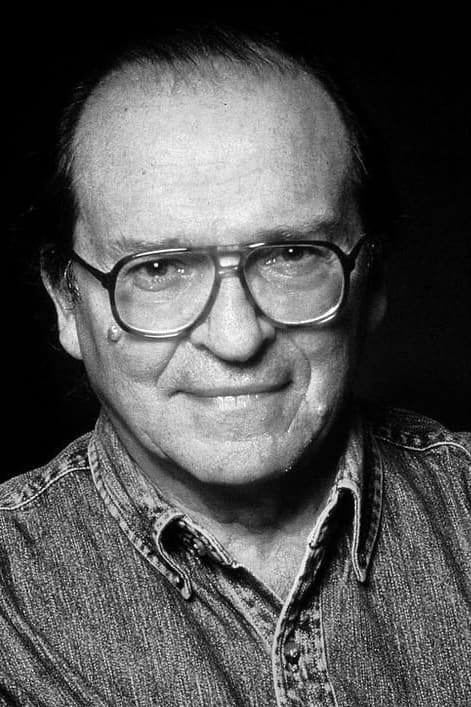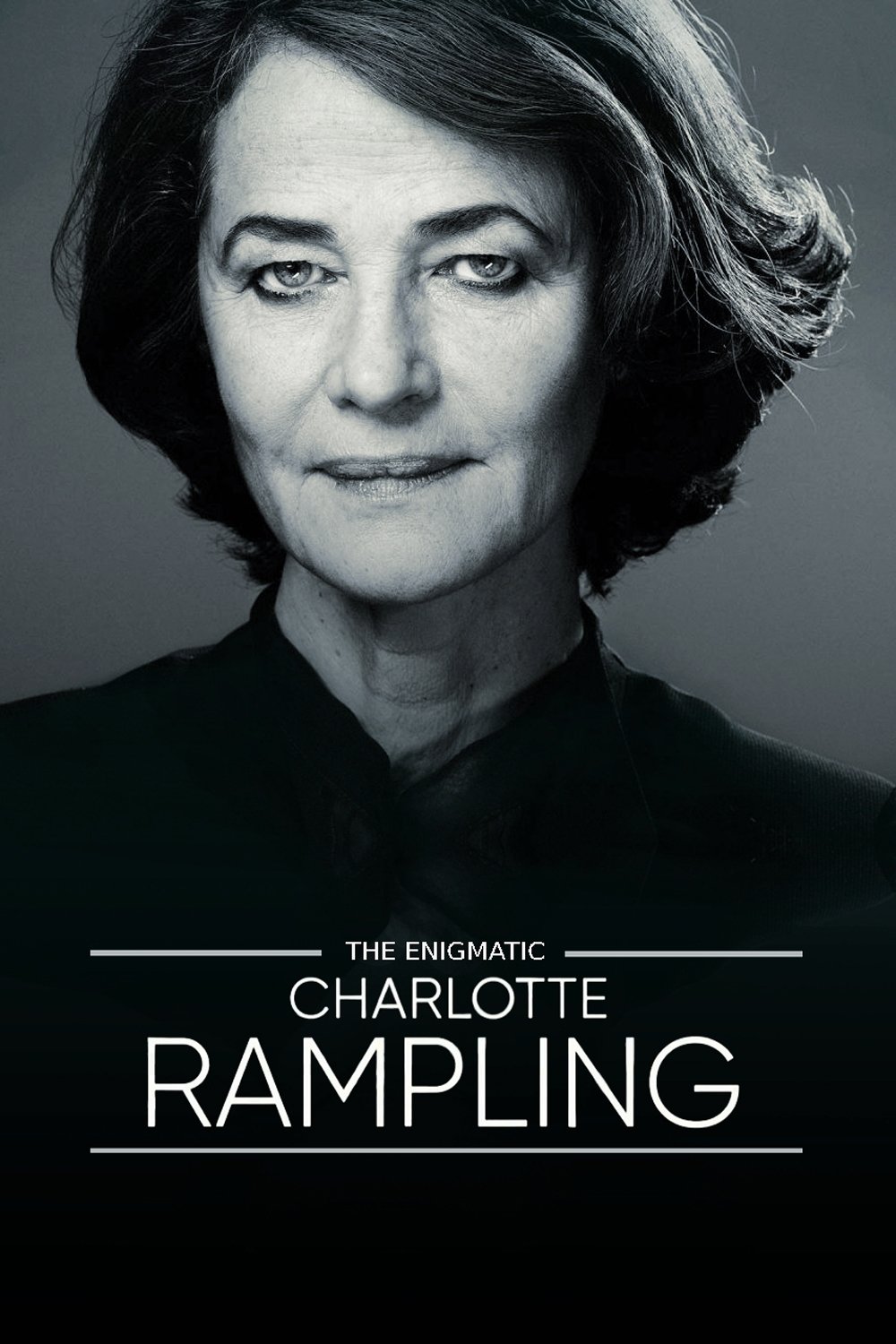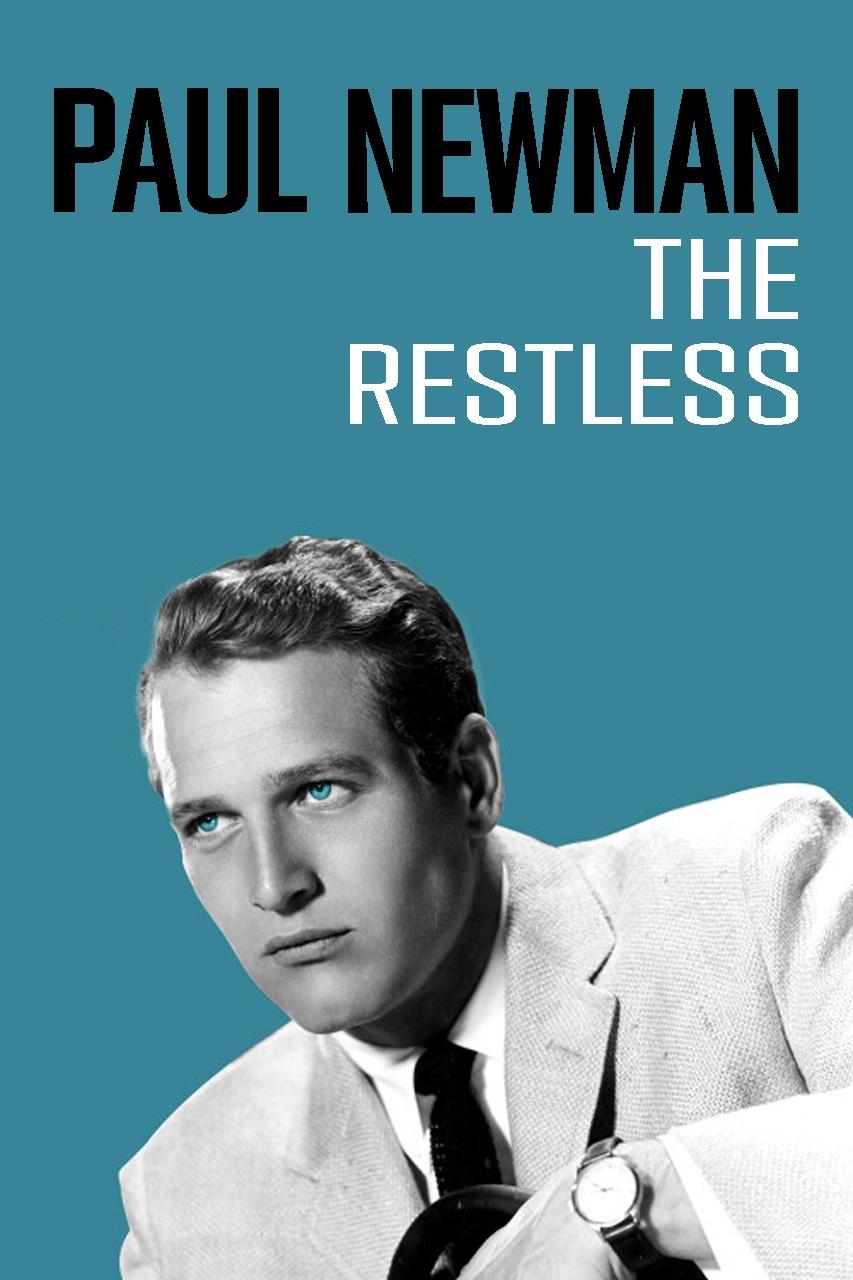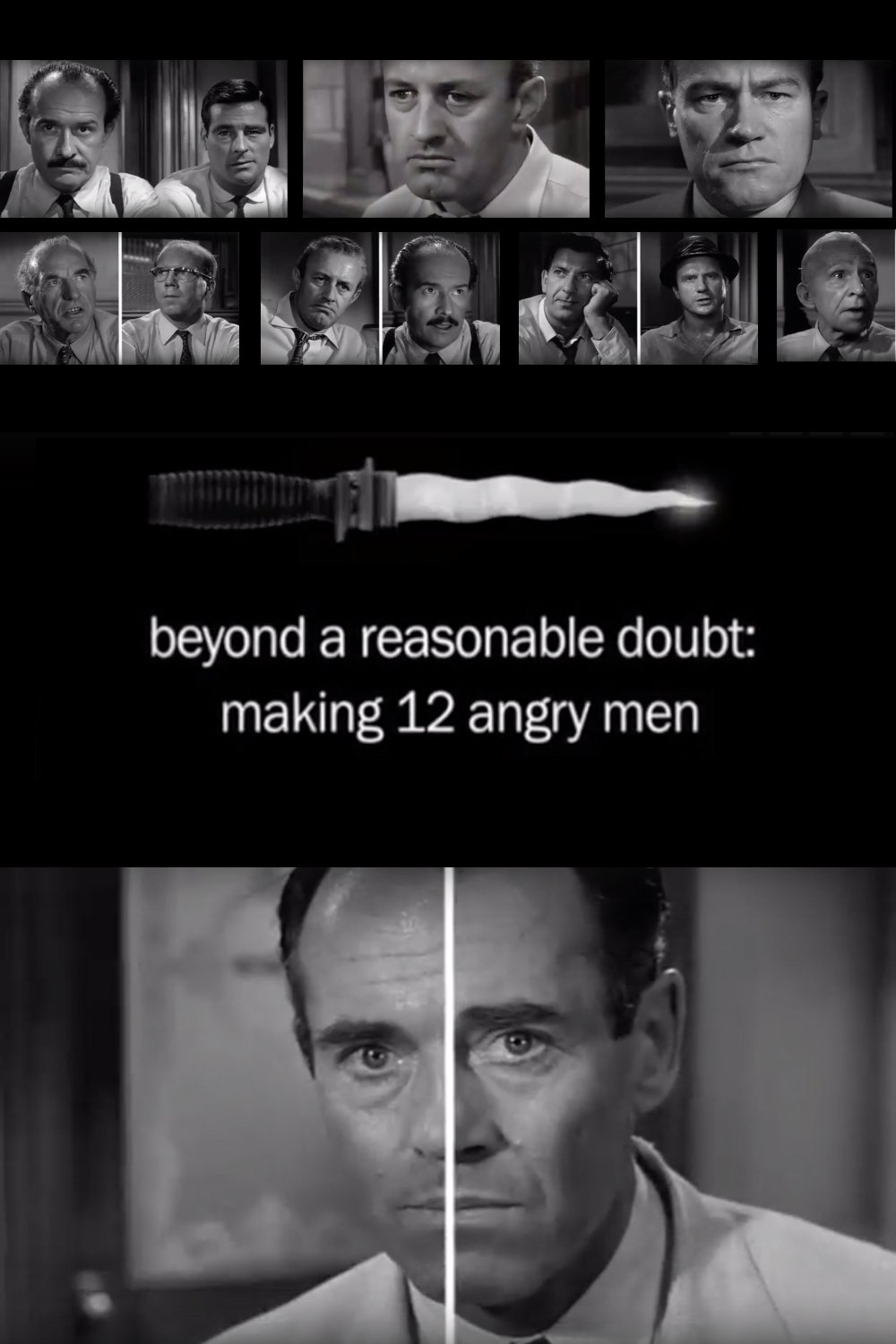

Sidney Lumet (June 25, 1924 – April 9, 2011) was an American director, producer and screenwriter with over 50 films to his name. He was nominated for the Academy Award as Best Director for 12 Angry Men (1957), Dog Day Afternoon (1975), Network (1976) and The Verdict (1982). He did not win an individual Academy Award, although he did receive an Academy Honorary Award and 14 of his films were nominated for various Oscars, such as Network, which was nominated for 10, winning 4. The Encyclopedia of Hollywood states that Lumet was one of the most prolific directors of the modern era, making more than one movie per year on average since his directorial debut in 1957. He was noted by Turner Classic Movies for his "strong direction of actors", "vigorous storytelling" and the "social realism" in his best work. Film critic Roger Ebert described him as having been "one of the finest craftsmen and warmest humanitarians among all film directors." Lumet was also known as an "actor's director," having worked with the best of them during his career, probably more than "any other director." Lumet began his career as an Off-Broadway director, then became a highly efficient TV director. His first movie was typical of his best work: a well-acted, tightly written, deeply considered "problem picture," 12 Angry Men (1957). From that point on Lumet divided his energies among other idealistic problem pictures along with literate adaptations of plays and novels, big stylish pictures, New York-based black comedies, and realistic crime dramas, including Serpico and Prince of the City. As a result of directing 12 Angry Men, he was also responsible for leading the first wave of directors who made a successful transition from TV to movies. In 2005, Lumet received an Academy Award for Lifetime Achievement for his "brilliant services to screenwriters, performers, and the art of the motion picture." Two years later, he concluded his career with the acclaimed drama Before the Devil Knows You're Dead (2007). Description above from the Wikipedia article Sidney Lumet, licensed under CC-BY-SA, full list of contributors on Wikipedia.
An all-new documentary detailing the first half of this celebrated...

Screen icon Charlotte Rampling has fascinated the world of cinema,...

Multi-talented, Paul Newman is one of the greatest American actors...

Director Spike Lee chronicles Michael Jackson's early rise to fame.

Each installment focuses on a different era of American movie...

John Cazale was in only five films – The Godfather,...

An involved behind-the-scenes documentary that focuses on the High Definition...

A making of featurette of 12 Angry Men made exclusively...